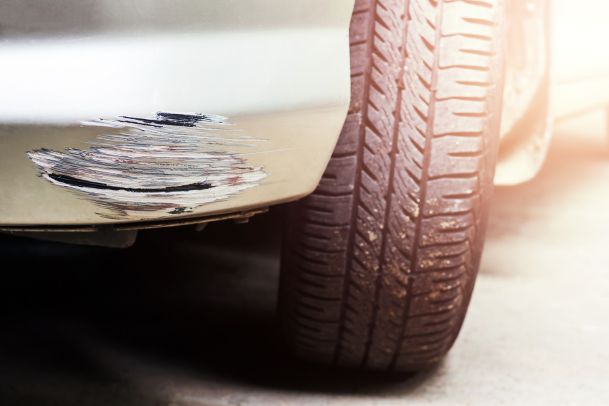
Written by Kayla Jane Barrie Updated on Nov 25, 2025 3 mins read

The terms OPCF 43, replacement costs, replacement value, and waiver of depreciation are all related to how your car insurance will compensate you if your car is stolen or totalled in an accident. They essentially mean the same thing: your insurance company will pay you the cost to replace your vehicle, not its depreciated value.
If you want your insurance to cover the full cost of replacing your car in case of theft or a total loss, you should consider adding OPCF 43 to your policy. It's a way to waive the depreciation deduction that would otherwise reduce your payout from a claim.
OPCF 43 is an enhancement that can be added to your Ontario car insurance. It removes your insurance company’s right to deduct depreciation from the value of your vehicle for a total loss or theft claim.
The FSCO provides an explanation of OPCF 43:
“This coverage removes the insurer's right to deduct depreciation from the value of your vehicle when settling a claim for loss or damage caused by a peril for which you are insured.”
OPCF 43 and 43A are very similar additions for car insurance quotes. The main difference is that OPCF 43A is for a leased vehicle. The same provisions apply to both endorsements.
A depreciation waiver in insurance is common for drivers who purchase or lease a brand new vehicle. It means your insurer will waive the ability to deduct depreciation and provide you with a cheque for the value of a new vehicle after a total loss claim. Some conditions may apply. A waiver of depreciation can be added at the time of purchase or lease of a new vehicle.
A limited waiver of depreciation endorsement ensures your insurer will not deduct depreciation from a total loss claim for a specified period of time. In most cases, a limited waiver of depreciation lasts 24 months from your purchase or lease date.
Replacement cost insurance is essentially the same as OPCF 43 and the waiver of depreciation rider. It is the most common term to refer to how your insurer will calculate a payable car insurance claim amount after a total loss or theft.
It ensures your vehicle is replaced after a covered total loss claim. This applies to new vehicles, and you must be the original owner. You will be paid enough money to replace your vehicle with a new similar product of the same quality and features. The amount paid will be based on the current market value.
It is not required. However, when you add replacement cost, you will ensure you will receive the same, or very similar, vehicle.
If your vehicle is stolen or considered a total loss, you will receive the same or similar vehicle you were driving at the time of the claim. Replacement cost insurance does expire. It is based on the original delivery date of your vehicle.
If you drive a new vehicle, you know that it loses value the moment you drive it off the lot. If you were to get into an accident within the first few months of owning the vehicle, you would only receive the vehicle's depreciated value without it. This alone makes it worth adding.
Replacement value, often used interchangeably with replacement cost, determines how much money you will receive for your claim. If your vehicle is not replaced after a total loss or theft claim, you will be paid the vehicle's replacement value. Replacement value is the amount of money your provider will pay you.
Replacement value is the actual amount of money it costs to replace your vehicle without depreciation. Actual cash value is the current cost to repair or replace your vehicle minus depreciation. If you have actual cash value, you will be provided with the value of your vehicle in its current used condition, not the amount it would cost to replace your damaged car with a new car.
| Categories | Auto |
|---|---|
| Tags | Auto CoverageAuto Claims |
Read our insurance blog to get helpful tips, information and news.
Fatal collisions in Canada rose 9.14% from 2019 to 2023. Discover the latest road safety statistics, provincial rankings, and how these trends affect your auto insurance rates.
Find out if a seatbelt ticket will raise your car insurance rates and how insurers view seatbelt violations.
Ontario’s Project CHICKADEE dismantled a $25 million auto theft ring. Discover how this massive bust targets export enablers and what it means for rising Canadian insurance premiums.
Think refusing a breath test helps your case? In Ontario, it results in a minimum fine of $2,000 and a criminal record. Compare the penalties and protect your future.